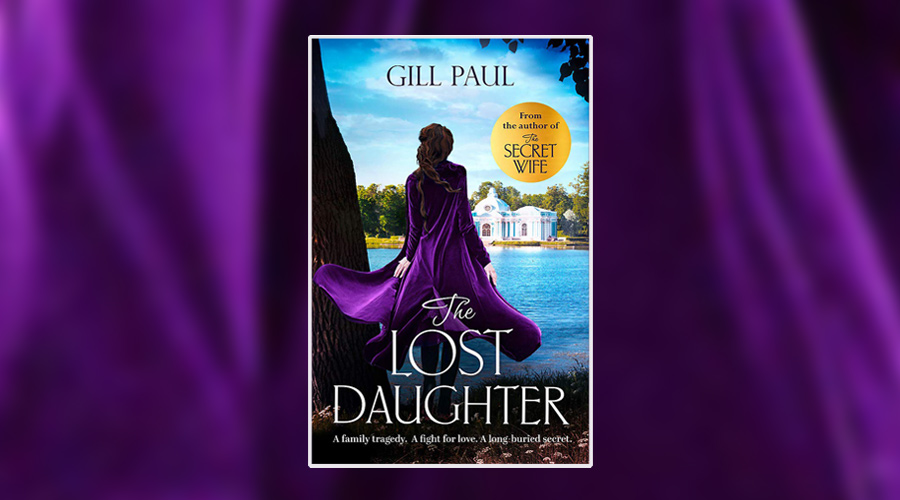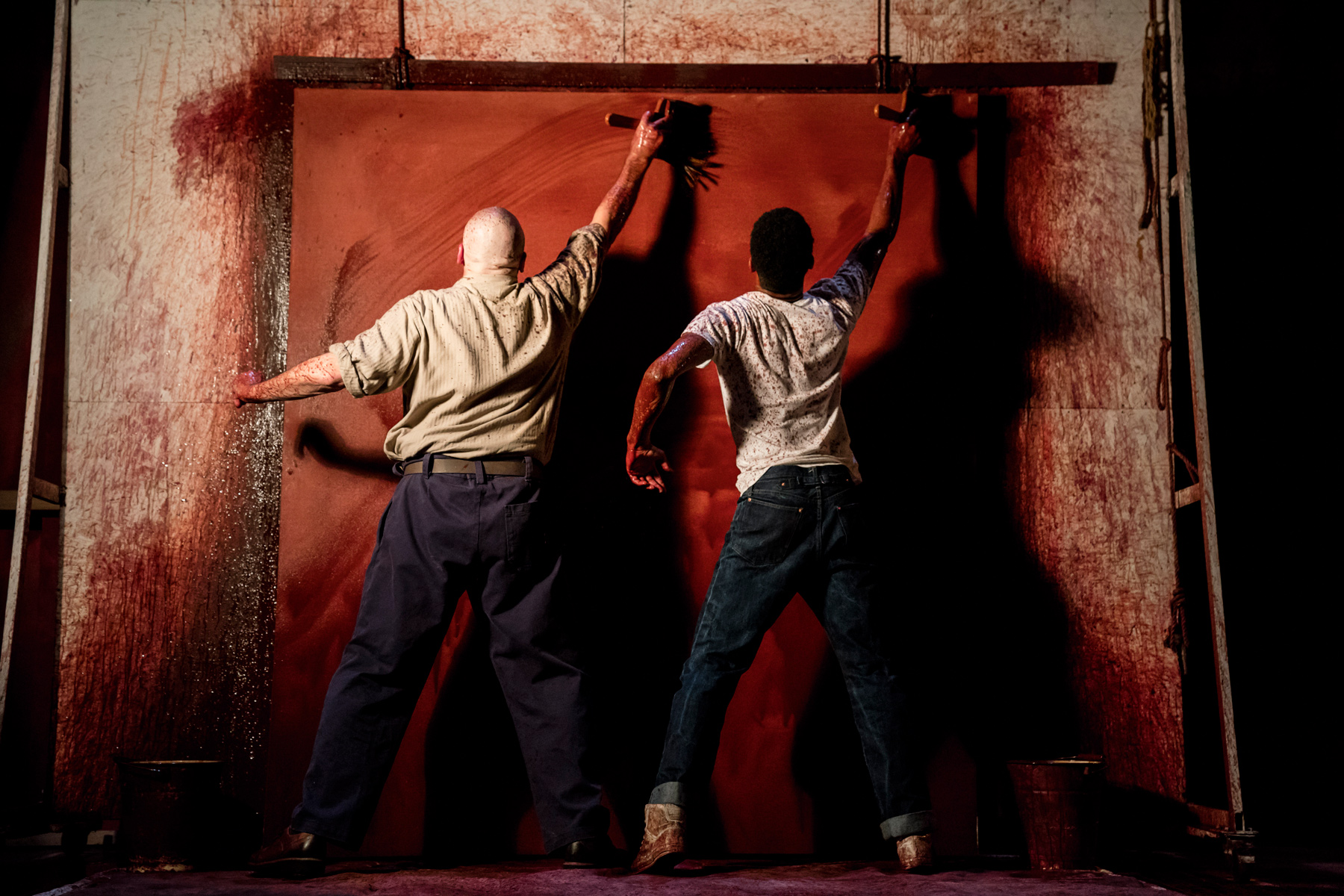Book Review: The Lost Daughter by Gill Paul

The history of the Romanovs has been explored in many forms since their brutal execution in Yekaterinburg in July 1918. It’s now been over a century since Russia’s last Imperial family were killed at the hands of Bolshevik troops but the fascination surrounding them, and in particular that tragic, chaotic night, has never dwindled. In The Lost Daughter, Gill Paul’s second novel focusing on that turbulent period in Russian history, the author reimagines the fate of Tsar Nicholas II’s third daughter, Grand Duchess Maria.
Expanding on the history she brought to life in her previous book, The Secret Wife, which focused on second child Tatiana, The Lost Daughter opens in the months leading up to the family’s execution, presenting a scene of political upheaval and social unrest. Told through Maria’s eyes, the Romanov family are well aware of their precarious predicament but they hold a firm belief that they’ll be able to escape from it. Maria, specifically, is full of hope and girlish optimism, yearning for a future where they don’t have to be under house arrest. The confinement is for their ‘own safety’ after all. Except we know it’s not. It never was.
Six chapters in and the family are led into a room they’ll never come out of alive. The execution is barbaric, and Paul captures the panic, chaos and bloodshed with vivid, heartrending detail. It all occurs so quickly that there’s barely time to register what’s happening before Maria is half dead and lying in the back of a vehicle, the lifeless bodies of her massacred family around her. Soon she’s being hoisted over the shoulder of a kindly guard who makes a split second decision to save her from his ruthless Bolshevik comrades. That’s just the start of the story.
“Her brain was awash with emotions: guilt, anger and sorrow, all mixed together. Sometimes her fury with the assassins came to the forefront, at other times her guilt that she had abandoned her family. Grief always hovered in the background, so immense that she could not let herself give into it for fear of being swallowed up.”
From there we follow Maria through her years on the run, as she recovers from her traumas, both mentally and physically, and carves out a new life alongside her saviour, Peter. It’s a simple existence, so very different from her life as a Russian princess, but Peter is the centre of her universe. He’s kind, tolerant, easy-going and capable, and together they start a family, which helps to heal the holes in Maria’s heart. She might not have the riches she was born into but she has love and protection, which is everything she needs. Yet with the Russian Revolution paving the way for the rise of the Soviet Union and Stalin’s authoritarian rule, the threat of capture, torture and death is ever looming.
Running parallel to Maria’s tale is that of a woman in Australia in the early 70’s. Val is married to an abusive husband and at the end of her tether when her elderly, estranged father dies. It sets in motion a personal journey that takes Val to China and then Russia, as she pieces together her father’s murky past. Whilst Val’s story feels both less important and less interesting than Maria’s for much of the book, its relevance is brought to the fore towards the end as Paul connects the two tales and a shocking reality is revealed.
Still, The Lost Daughter – as the title implies – is Maria’s story through and through. She’s the beating heart and emotional soul of the tale; we see her grow from a naïve teenager with no experience of the real world to a woman learning how harsh that world can be. Maria and Peter’s love is one for the ages and they have such strength and fortitude, both individually and as a couple. They face severe hardships and they’re forever watching over their shoulders but they deal with each problem rationally, together.
Paul sticks tightly to the facts surrounding the night of the Romanov execution and therefore the beginning of the book is both a gripping, distressing read and a fascinating history lesson for anyone not familiar with the specific details. Maria’s survival might be make-believe (though there are sources who’d argue otherwise) but Paul embeds her story with devastating Russian history; the famine in the early 30’s and the Great Purge are both chronicled alongside the central couple’s struggle over the years.
The Lost Daughter is an emotional and elegantly written story about love, loss, betrayal and sacrifice, bolstered by authentic period detail and historical facts that even in this day and age, so many years down the line, are difficult to read about. This is the kind of novel that fans of historical fiction will devour but it holds just as much appeal for readers who simply enjoy a compelling love story and family epic.
★★★★★
The Lost Daughter was published by Headline on 18 October 2018


